Install Steam
login
|
language
简体中文 (Simplified Chinese)
繁體中文 (Traditional Chinese)
日本語 (Japanese)
한국어 (Korean)
ไทย (Thai)
Български (Bulgarian)
Čeština (Czech)
Dansk (Danish)
Deutsch (German)
Español - España (Spanish - Spain)
Español - Latinoamérica (Spanish - Latin America)
Ελληνικά (Greek)
Français (French)
Italiano (Italian)
Bahasa Indonesia (Indonesian)
Magyar (Hungarian)
Nederlands (Dutch)
Norsk (Norwegian)
Polski (Polish)
Português (Portuguese - Portugal)
Português - Brasil (Portuguese - Brazil)
Română (Romanian)
Русский (Russian)
Suomi (Finnish)
Svenska (Swedish)
Türkçe (Turkish)
Tiếng Việt (Vietnamese)
Українська (Ukrainian)
Report a translation problem



 Chad
Chad 













Kaplan called a 'descriptive generalization' that may 'inform us of what
manner of creature we may expect to encounter on our travels without pur-
porting to lay bare the nature of the beast'. Kaplan, however, also said that
descriptive generalizations stem from fairly direct observations and are on
a low level of abstraction. That does not apply to feudalism in any of its
senses. What the concept of feudalism seems to have done since the six-
teenth century is not to help us recognize the creatures we meet but to tell
us that all medieval creatures are the same so that we need not bother to
look at them. Put another way, feudalism has provided a kind of protective
lens through which it has seemed prudent to view the otherwise dazzling
oddities and varieties of medieval creatures.